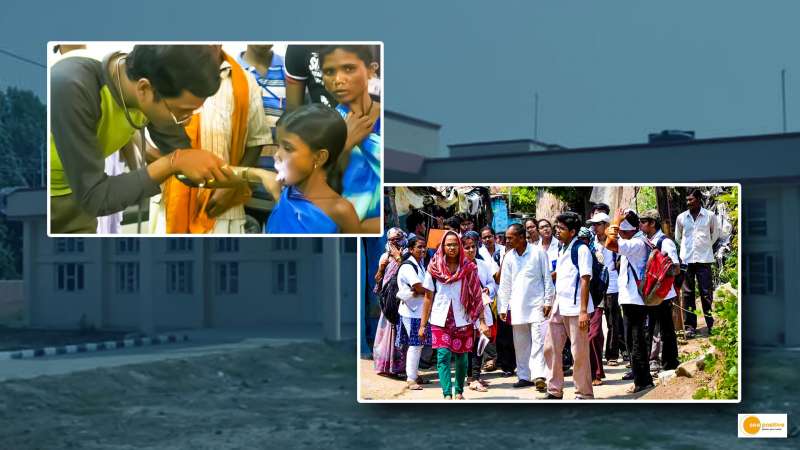

Highlights:
- Students will not be eligible for postgraduate entrance tests, if they do not complete the rural stint
- Graduating class of 2027-28 will not be able to avoid serving in a rural area by paying fine
Mumbai On June 14, the medical education department issued a circular stating that beginning in the academic year 2022-2023, MBBS graduates—both those from government-funded institutions and those whose fees are subsidised in private medical colleges—will be required to complete a one-year rural stint after completing their course.
Overview
This means that the 2027-28 graduating class will not be able to avoid serving in a rural area by paying a fine of ten lakh rupees.
“Every year, the state spends crores to provide students with the best possible education at a reduced cost. The rural internship was created so that these students could use their skills to help people in rural areas of the state. However, we have noticed that many students are simply paying a fine of Rs. 10 lakh,” stated the June 13 circular, which also stated that’social responsibility service’ is now required.
Candidates applied in 2021-22 have to follow the then-current norms
The problem was first brought to light in 2017, when it was discovered that nearly 4,500 MBBS graduates skipped their rural rotation between 2001 and 2011. This prompted the state government to issue a government resolution (GR) in January 2018, imposing a fine of ten lakh on those who failed to complete the mandatory rural stint.
“Unfortunately, thousands of students have agreed to pay the fine rather than serve the society in the last four years,” said a representative from the Directorate of Medical Education and Research (DMER).
Dr. Rishab R is one of those who skipped the rural experience. He completed his MBBS at a civic-run institute in Mumbai last year and is set to begin his post-graduation at a university in the United States this year. “Choosing the rural option would result in a one-year gap between my undergraduate and postgraduate studies.” I decided to pay the penalty and apply for higher education instead after consulting with my seniors. “After I finish this course, I plan to work in rural areas for a while to gain experience,” Rishab said.
The state government’s latest move has been praised by many activists. “This move will primarily benefit medical centres in rural areas,” said activist Sudha Shenoy.


